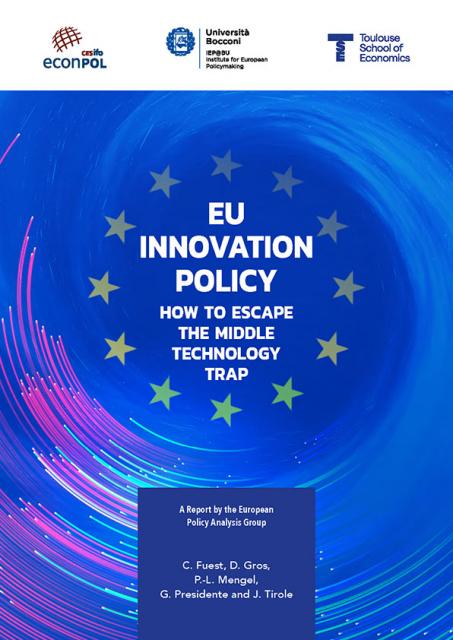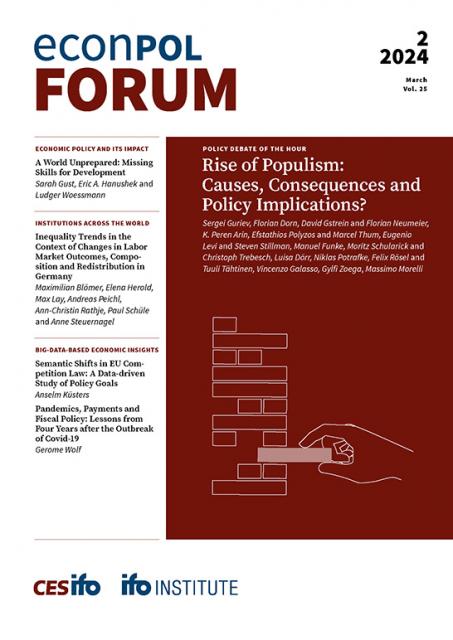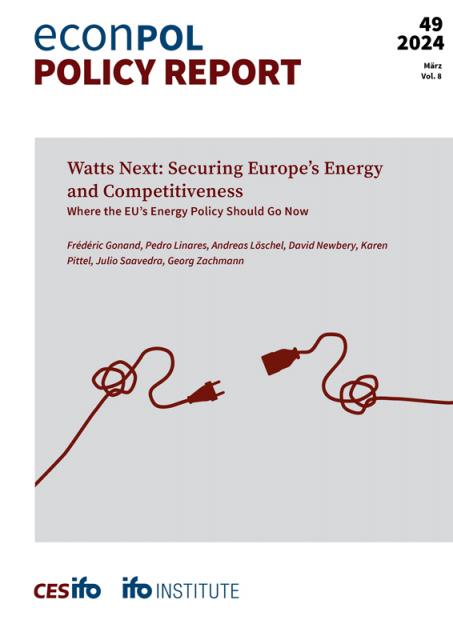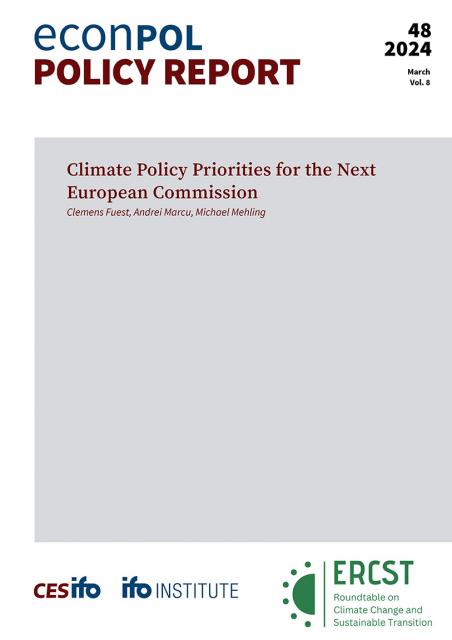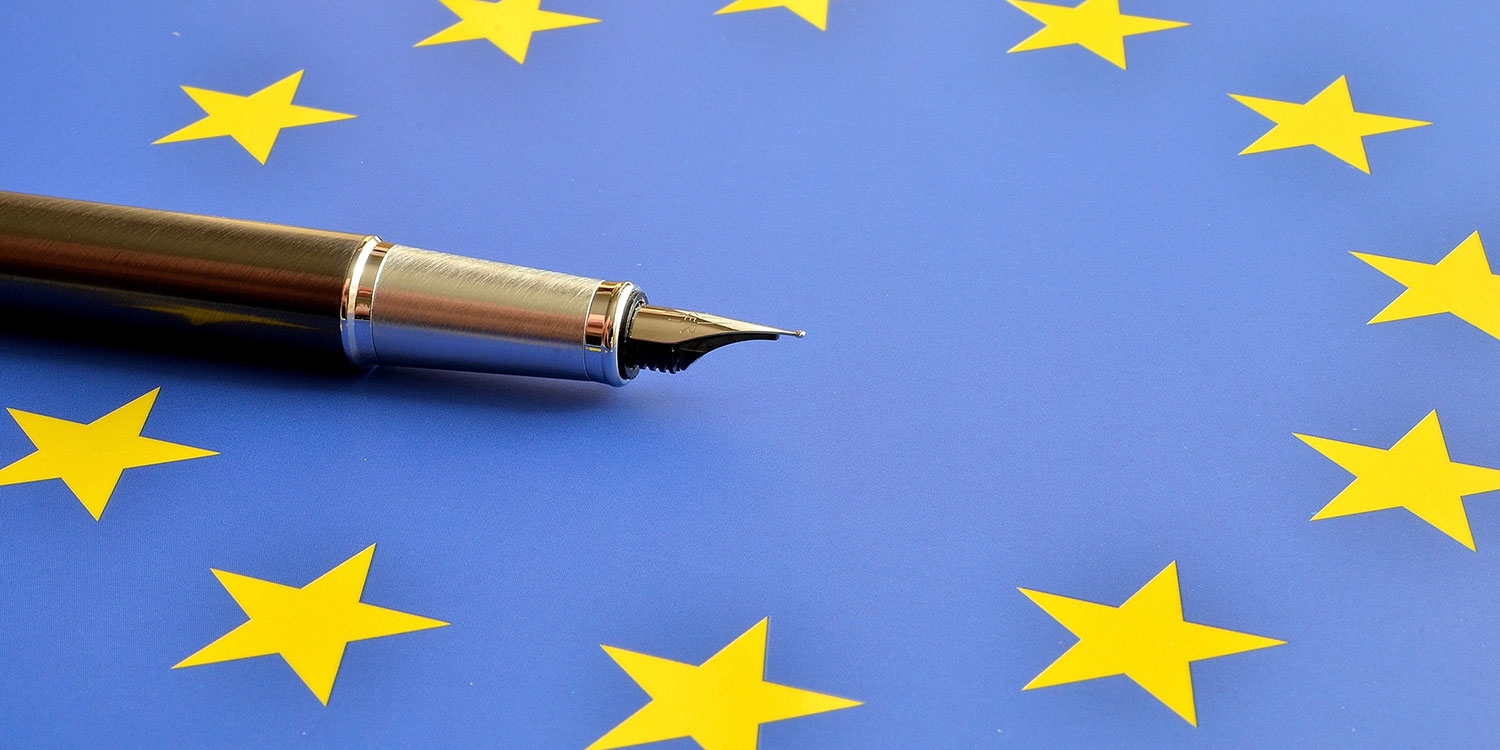
EU Institutions & Policy-Making
The institutional makeup of something as complex as the EU is, well, complex. There is the European Council but also a Council of the European Union, and an executive arm, the European Commission, with two bodies co-deciding on law proposals made by the Commission, namely the European Parliament and the European Council. And so on. This area of EconPol analyses the roles and functions of each of the seven key EU institutions, placing particular emphasis on the intricate interplay between these institutions and their impact on policy development and implementation on a wide range of areas, including economic integration, social issues, environmental regulations, and foreign affairs. It also explores the democratic legitimacy, transparency, and accountability of EU decision-making, as well as the challenges and debates surrounding the balance of power among EU institutions and the influence of member states.
